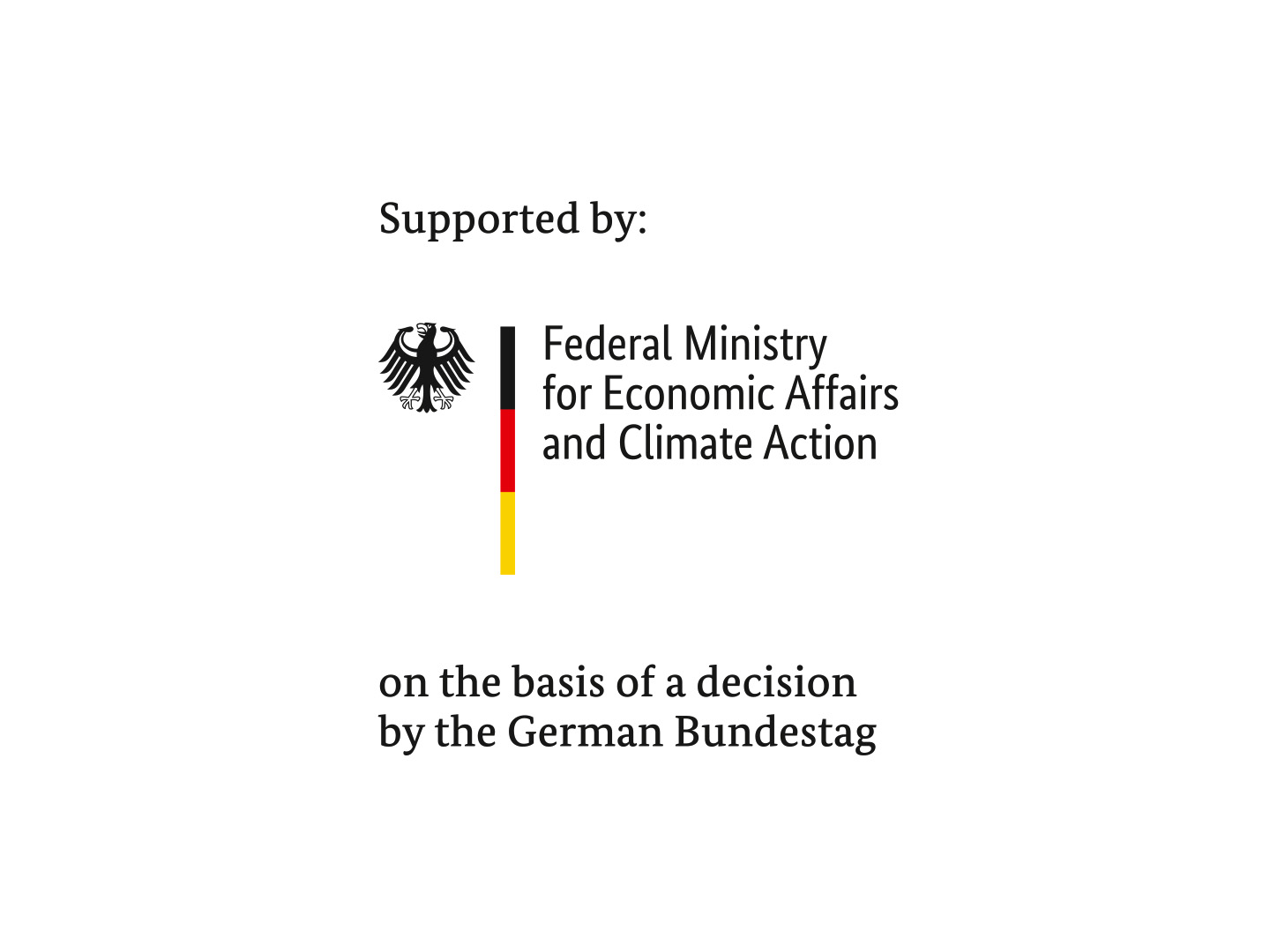The comparative assessment and analysis of development needs has shown that even with the challenges for the future already being known for some years, municipal utilities still continue to face the task of developing their core business away from the pure sale of electricity, heat and gas and toward new products. The main problem here is the complexity resulting from the multitude of technological solutions in interaction with the local framework conditions as well as the future boundary conditions in the energy markets and the energy system.
In the project, currently discussed technological business areas were identified and characterized, from which future fields of activity and solution approaches for municipal utilities can arise. In addition to the typification of municipal utilities and the development of framework conditions and trends, three specific solution approaches were selected in cooperation with an associated municipal utility in each case and these were evaluated on a model basis. Based on the detailed investigations, concepts were created that show how municipal utilities can transform themselves by means of new technologies and activities, and which prerequisites they must fulfill to do so.
The selected technological topics are "Photovoltaics and Battery Storage", "Neighborhood Concepts" and "Virtual Power Plants". Within these topic areas, various concepts were considered for selected scenarios. The results of the modeling show that neighborhood solutions and virtual power plants can be technically promising and ecologically advantageous. The issue of grid fees and surcharges in particular currently makes the implementation of economic projects a major challenge. Legislation is therefore required to support the local energy transition by providing suitable framework conditions.
 Fraunhofer Institute for Environmental, Safety and Energy Technology UMSICHT
Fraunhofer Institute for Environmental, Safety and Energy Technology UMSICHT